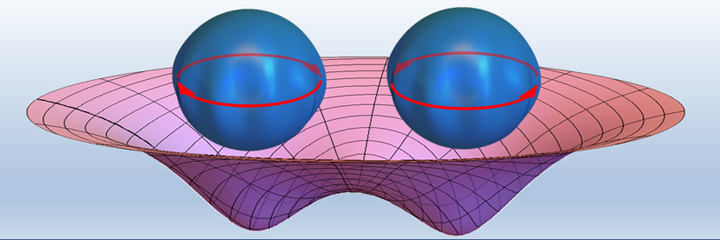
Yale Professor Wins Keck Grant: Probing the boundary of quantum and classical
Yale associate professor of physics Jack Harris has received a Keck grant to investigate quantum gravity.

Yale associate professor of physics Jack Harris has received a Keck grant to investigate quantum gravity.

Over the past three years, the Yale School of Forestry and Environmental Studies raised $10 million to fund student scholarships.
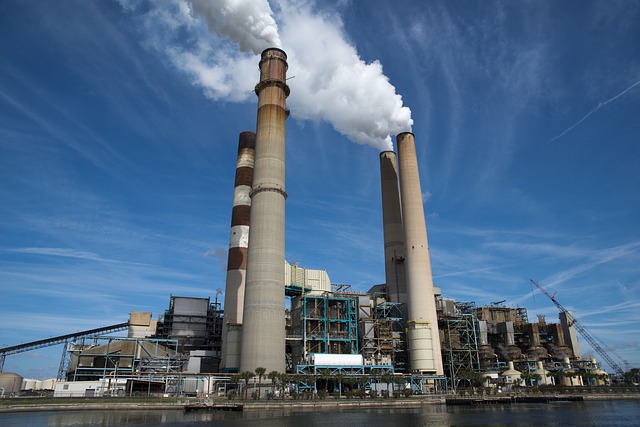
Could the air around us soon power our planes, trains, and automobiles? Several companies are now manufacturing diesel fuel from ambient carbon dioxide, and may soon be able to do so on a commercial scale.
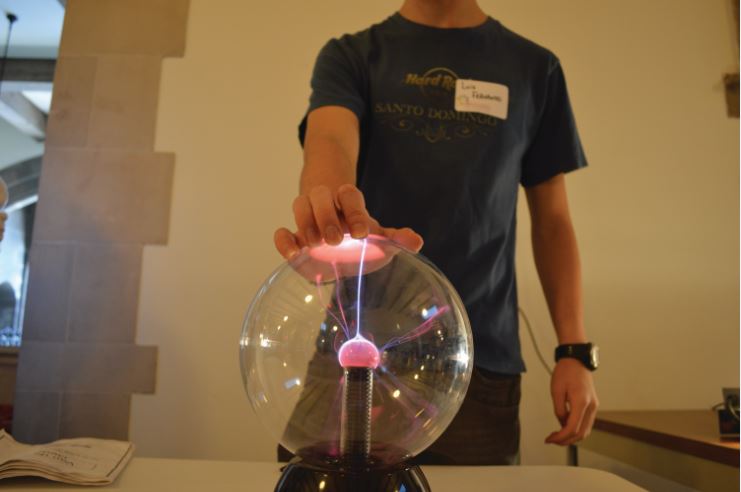
March marked the 10th anniversary of a Yale program that exposes young students to science. For the past decade, Science on Saturdays has featured exciting demos and renowned science experts as guest speakers.
Earlier this year, a photo of a Roman Originals dress was posted on Tumblr. Some looked at the picture and saw a garment of white
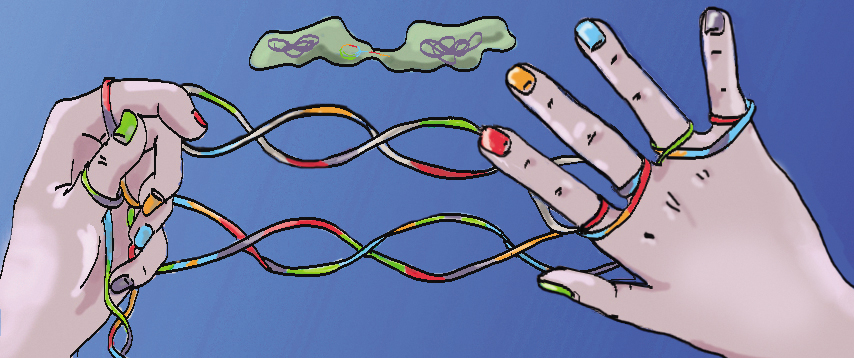
Evolution as we know it is driven by mutations in genes. But researchers at Yale were curious about what surrounds a gene. That is, how does a whole gene network evolve?
New Yale research reveals how Salmonella bacteria move when flagella are of no use, adding dimensions to our understanding of bacterial choreography.
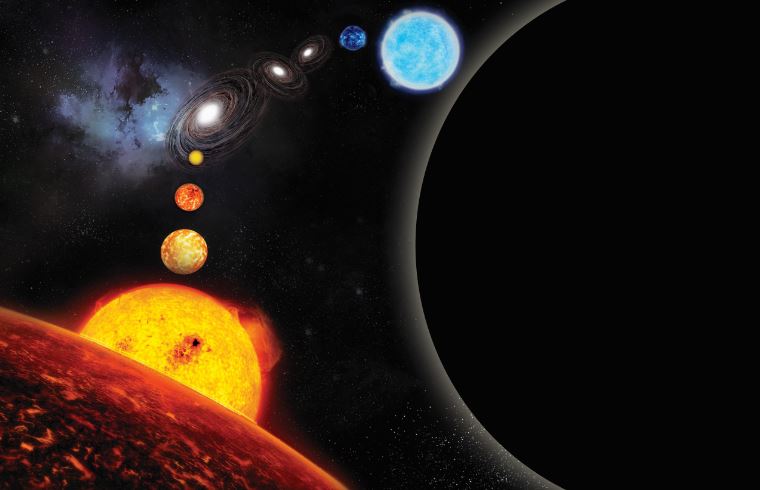
The youngest star system ever observed has given astronomers an ideal opportunity to study star formation from the early days.

The nervous system is built on a tight schedule. Scientists investigated this neurological clock in zebrafish, bringing us closer to a complete picture of brain development.

Through months of a squirrel’s cold slumber, neurons generate their own heat to keep functioning. Our cover story explains this feat of the nervous system and explores what it might mean for humans.

Biomedical researchers at Columbia University have developed a convenient, easy-to-use, and relatively inexpensive smartphone attachment that could revolutionize HIV and syphilis detection for previously unscreened populations.
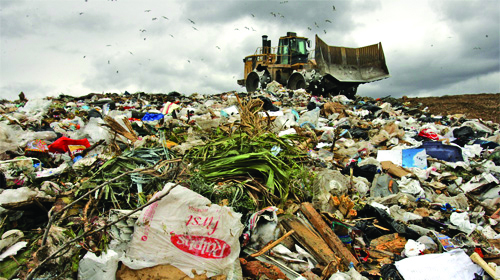
While the country debates which kind of bag is safest for the environment — paper, or plastic — a more holistic and quantitative technique can help inform policy decisions.